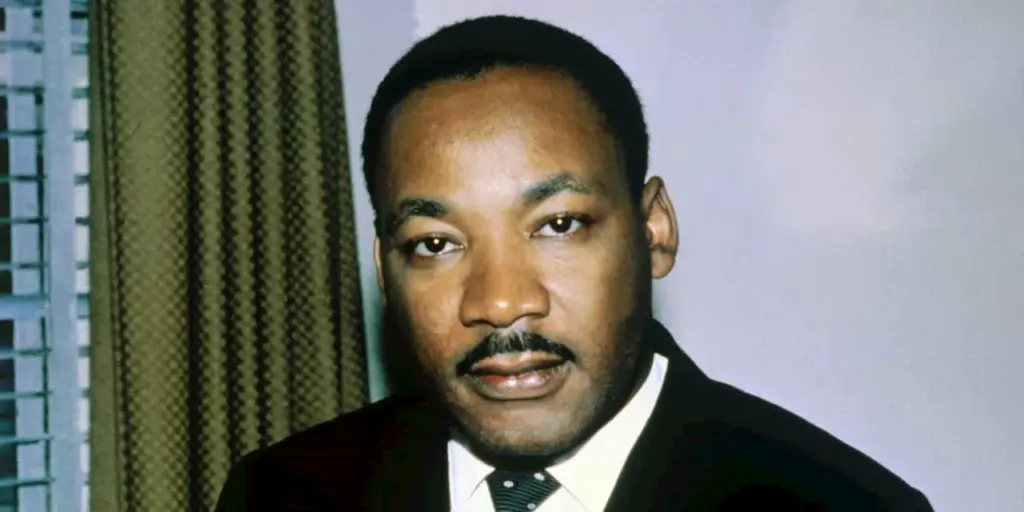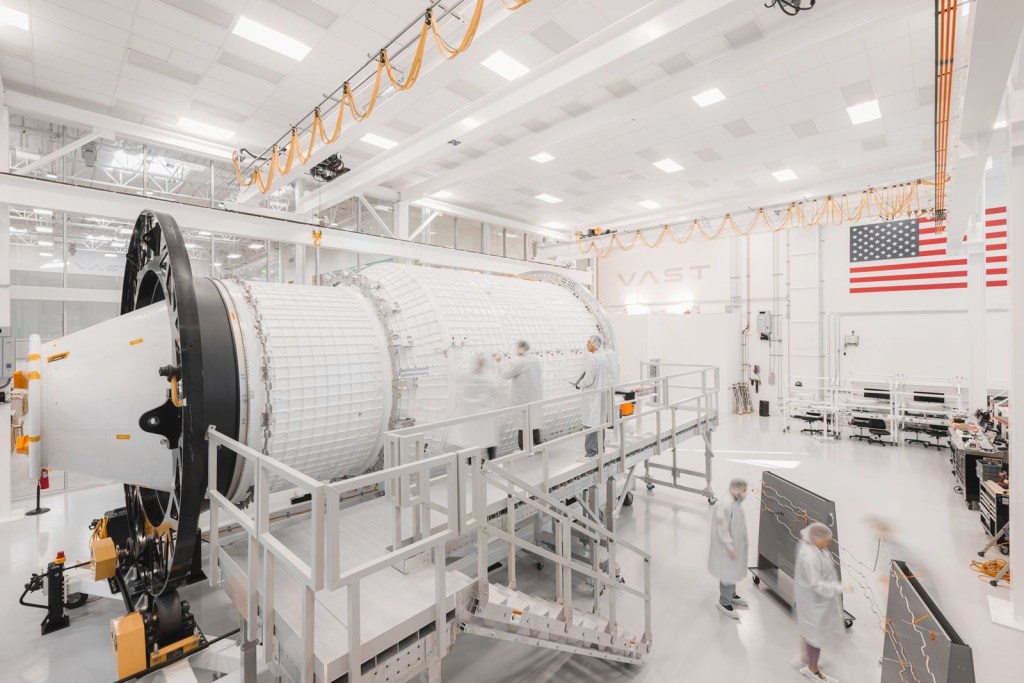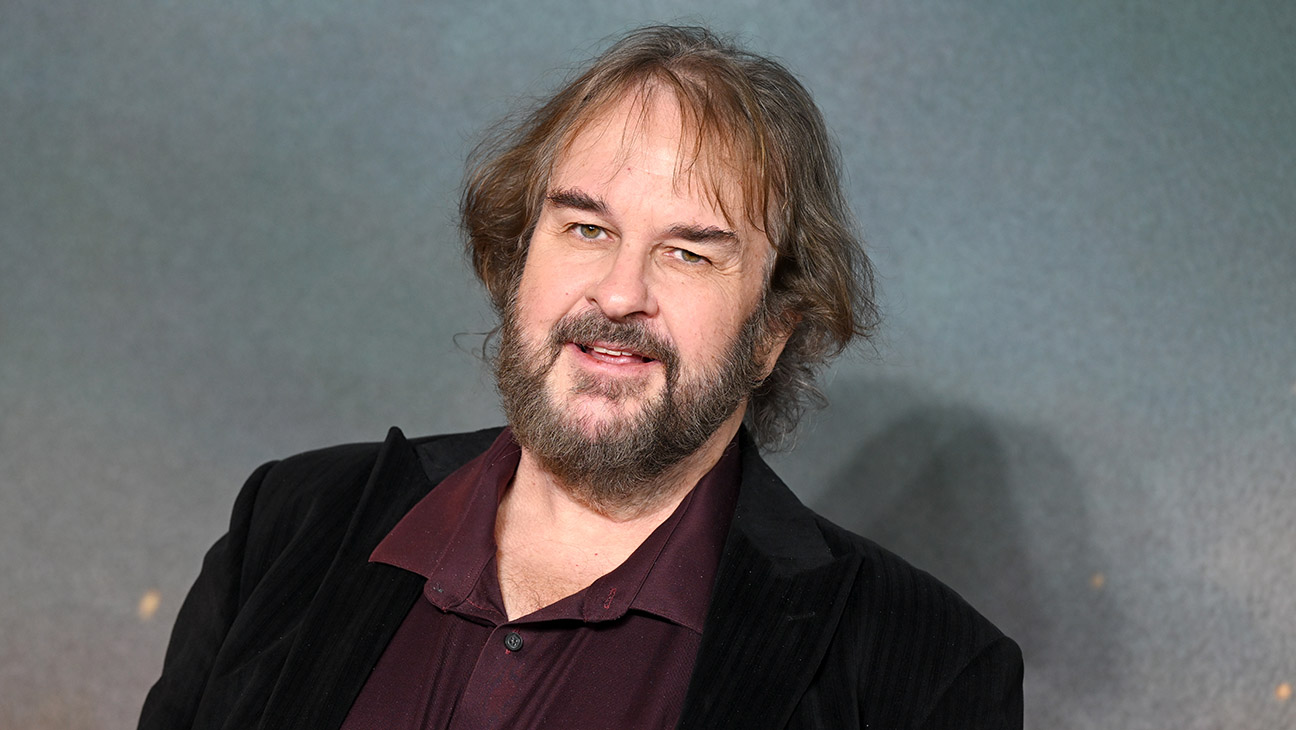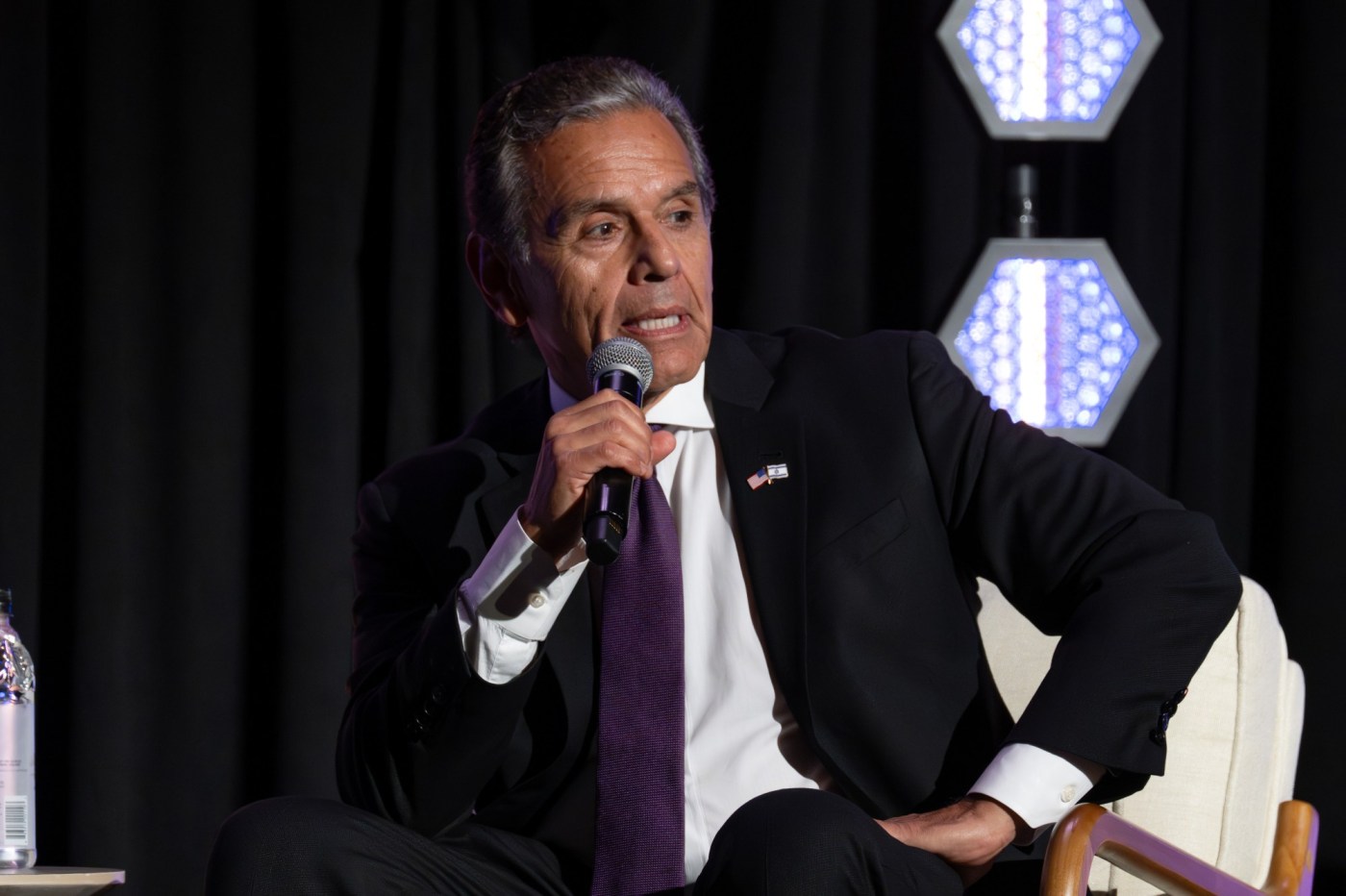
OpenAI has ceased the generation of videos featuring civil rights leader Martin Luther King Jr. on its Sora app in response to significant backlash regarding deepfake representations. The decision follows concerns raised by King’s estate about “disrespectful depictions” that have circulated online, prompting the company to pause all likeness-based video generations of Dr. King while it enhances its protocols for handling historical figures.
In a joint statement issued on October 12, 2023, OpenAI and the Estate of Martin Luther King Jr., Inc. announced their collaboration to ensure responsible representation of historical figures. The statement emphasized, “At King, Inc.’s request, OpenAI has paused generations depicting Dr. King as it strengthens guardrails for historical figures.” OpenAI acknowledged the importance of free speech but maintained that families of public figures should have control over how their likenesses are used.
The move comes after a series of hyper-realistic deepfake videos depicting Dr. King in offensive scenarios, including false portrayals of criminal behavior and reinforcing racial stereotypes. These videos gained traction on social media, raising alarms among legal experts, researchers, and the general public. Critics have voiced concerns over the Sora app’s minimal restrictions, describing its initial rollout as “shoot-first, aim-later,” which they argue has left the platform vulnerable to misuse.
The Sora app, launched just three weeks prior to the controversy, allows users to create lifelike videos using artificial intelligence. Users upload multiple angles of themselves and record their voices, enabling others to generate videos, referred to as “cameos.” Unfortunately, this system also permitted the creation of videos featuring well-known public figures, including Princess Diana, John F. Kennedy, and Malcolm X, without obtaining necessary permissions.
Legal experts have criticized OpenAI’s delayed response to the issue. Kristelia García, an intellectual property law professor at Georgetown Law, expressed concern that the company’s actions only materialized after the estate of Dr. King voiced their objections. She noted, “The AI industry seems to move really quickly, and first-to-market appears to be the currency of the day.”
García pointed out that laws regarding the right to publicity and defamation vary across jurisdictions and may not adequately address deepfake technology. This legal uncertainty often means that companies face little consequence for allowing potentially harmful content until a complaint is lodged. Notably, in California, heirs possess considerable rights over a deceased public figure’s likeness for up to 70 years.
Following the public outcry, OpenAI CEO Sam Altman announced that rights holders will soon need to opt in for the use of AI likenesses, rather than being included by default. Despite this promise, many families impacted by similar situations remain dissatisfied. For instance, after a series of AI-generated videos featuring her father, actress Zelda Williams implored on Instagram, “Please, just stop sending me AI videos of my dad… it’s NOT what he’d want.” Dr. Bernice A. King echoed her sentiments on social media, urging users to cease with the AI-generated depictions of her father.
Hollywood studios and talent agencies have also expressed concerns that Sora’s launch lacked adequate consent from rights holders, reminiscent of OpenAI’s earlier practices with ChatGPT, which utilized copyrighted material before establishing licensing agreements. This previous approach has already resulted in multiple copyright lawsuits, and the ongoing controversy surrounding Sora may contribute to further legal challenges.
As OpenAI works to navigate the complexities of AI-generated content, the situation raises broader questions about the ethical implications of deepfake technology and its impact on the legacy of historical figures. The company’s commitment to enhancing safeguards may be a step in the right direction, but the balance between innovation and respect for individuals’ legacies remains a contentious issue in the evolving landscape of artificial intelligence.







